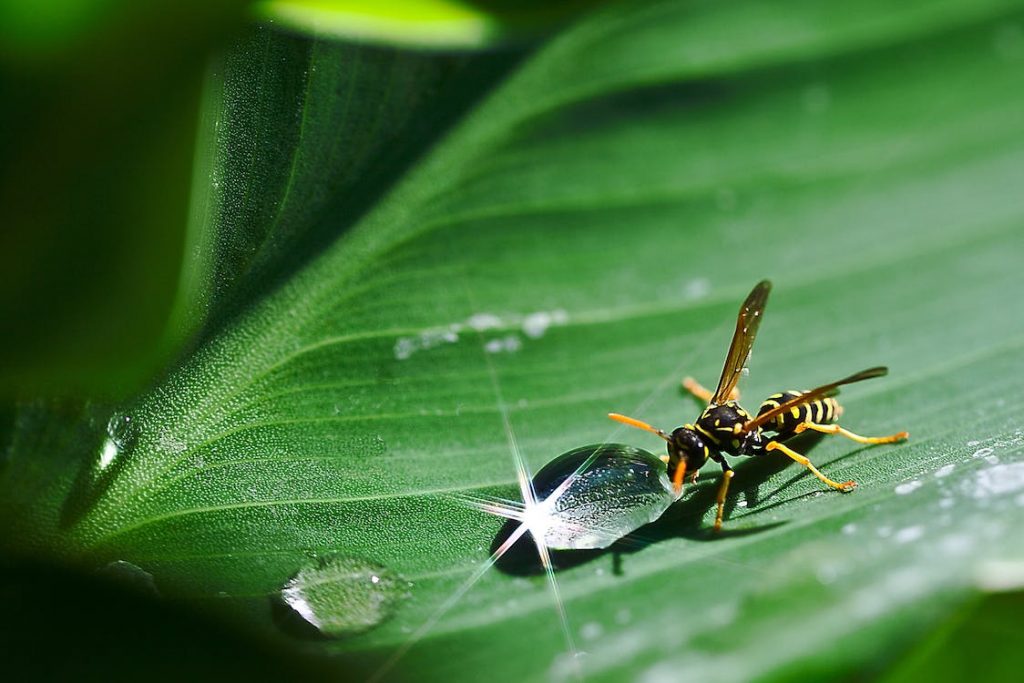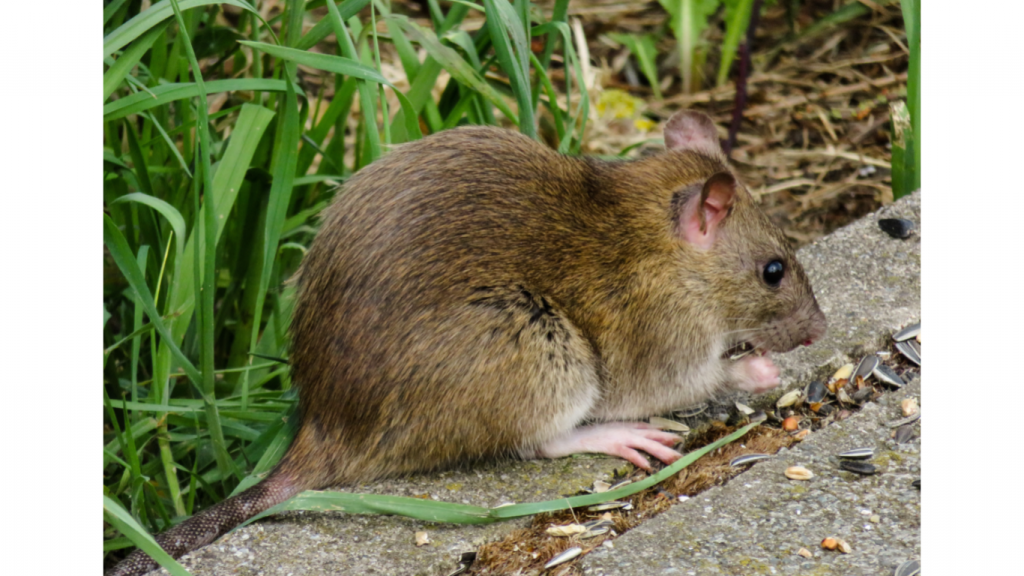What Is The Point of Wasps?
Request Quote here
What do Wasps Actually Do?
When we think about wasps it usually brings back a painful memory of a burning sting that was induced by this evil flying devil! Whether being stung as a child or an adult, it still brings back this smarting thought if one gets too close. If a wasp does enter your personal space it usually results in a lot of flailing arms, accompanied by some ducking and diving in a pub beer garden, normally to the amusements of others.
People may compare Wasps to Bees, and associate Bees to making honey which we love. Bees are less aggressive and will only attack as a last resort due to dying almost immediately after releasing their sting. So due to being honey makers, great pollinators and sacrificing themselves for the good of their species we love bees and rightly so. That said, wasps do actually have some use. In fact, every single living species on earth serves some sort of purpose to our ecosystem and our yellow and black unfriendly friends are no exception.


So what is this purpose it serves?
Every living species on Earth has a role to play with each creature interacting with nature. It makes an impact and leaves its own footprint in some way. Think back to your biology class where you may have touched on the relationship between a predator and it’s prey.
Imagine if the predator becomes extinct, what adverse effect will this have on the prey species or the environment. What would happen if lions, cheetahs, hyenas, and other predators of the African Savannah become extinct? There will be no predators to hunt the grazing animals, the population of wildebeests, gazelles, and other herbivores will increase and will run a riot on the Savannah, thus destroying the vegetation cover.
Wasps serve a similar purpose to the big cats and carnivores of the Savannah. They are hunters. Wasps feed on other insects and often attack insects that are considered a pest. This makes them a natural regulator of the insect population. Without the “Angry Evil Wasp” tons of other insects will overrun our gardens and crop fields which may negatively impact our food resources.
Therefore the main purpose of wasps would be to act as a natural regulator of the population of other insects.
Do Wasps Pollinate?
We touched on earlier about the relationship of Bees and Wasps. We all know bees are great pollinators. In fact we have this taught to us at a very young age and believe that it’s only bees that pollinate and no other insects do. This is simply not true. Even just the natural air currents from the wind play a big role when it comes to cross pollination. Bees are quite furry insects and its these hairs that trap pollen for it to be transported to other plants. Wasps are not thought to be hairy but again, that’s not true. Wasps have some thin hairs as our picture shows and it’s these strands that will help transport pollen. Plus, wasps just disturbing the flowers will allow pollen to enter the atmosphere and be carried away by the natural air currents.


Interesting Facts
- Only female wasps have stingers and all worker wasps are female.
- Potential queens and drones from the same nest use facial recognition to prevent cross-breeding.
- One nest may produce 30,000 wasps in a year
- Wasps are not known to sleep at night, however they will be motionless for many hours resting.
- Certain wasps will act as sentry’s for the hive and these can be seen patrolling on the outside of the nest.
- The Japanese hornet is known for flying roughly 60 miles every day at a top speed of 25 mph. This is astonishing considering that it is also the heaviest hornet on Earth.
- It’s not the cold that kills off the nest in the winter, it’s the lack of food with the flowers dying resulting in the wasps starving.







